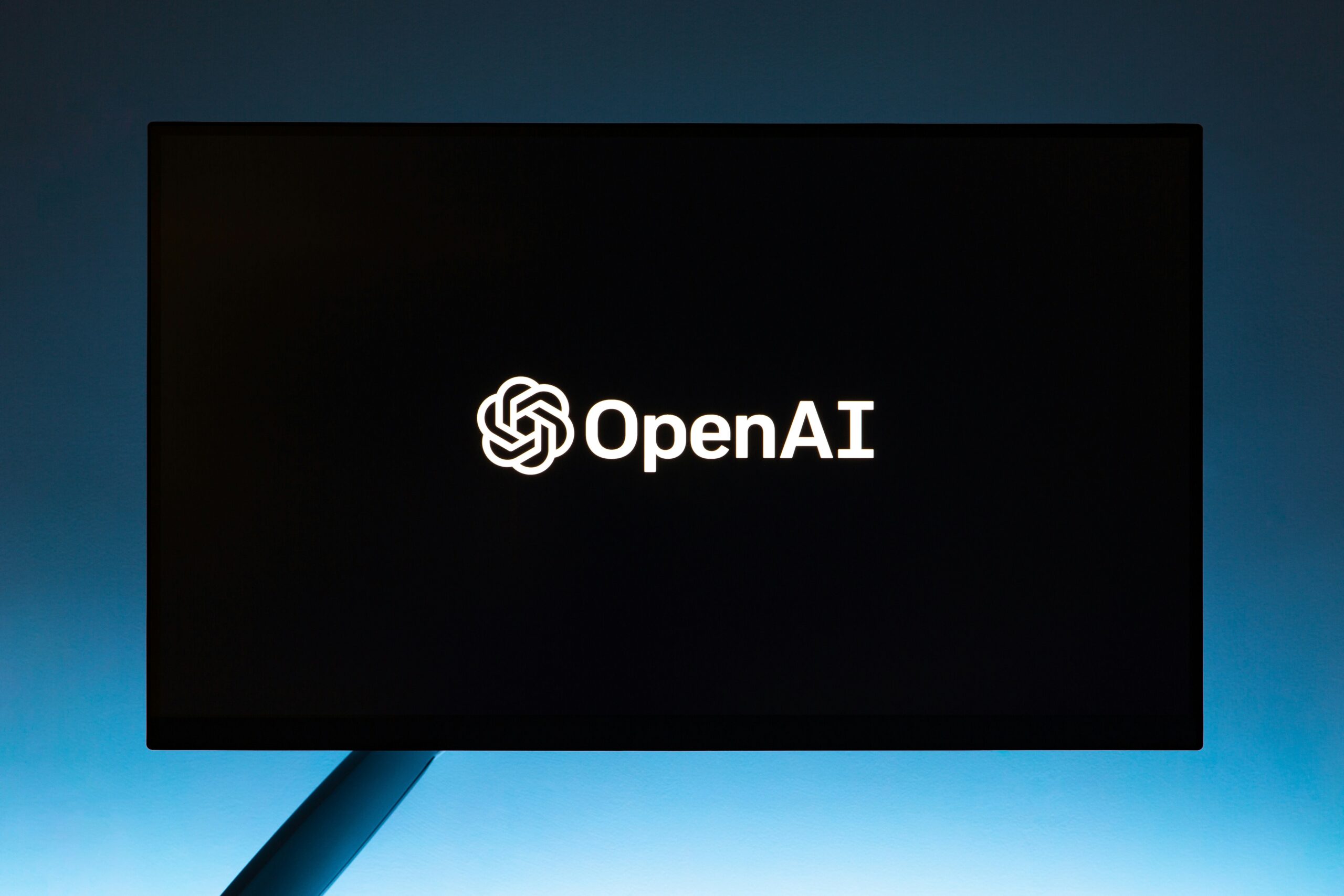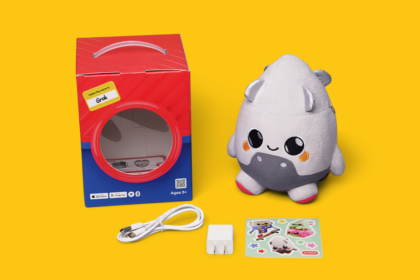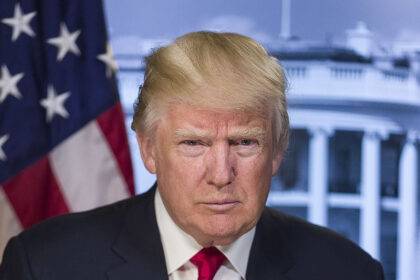OpenAI drops Scale AI! In the world of artificial intelligence, data is king and who you get it from matters. So when OpenAI cut ties with Scale AI following Meta’s big-money deal with the data startup, it didn’t just raise eyebrows, it raised serious questions.
Let’s break down what actually happened, why OpenAI is walking away, and what this shift could mean for the AI ecosystem (and Scale’s survival).
So, What Went Down?
OpenAI is officially ending its partnership with Scale AI, a key data labeling provider it’s worked with for years. The decision comes just days after Meta announced a billion-dollar investment into Scale, bringing its CEO Alexandr Wang into the Meta orbit.
Originally, OpenAI CFO Sarah Friar had indicated that the relationship would continue. But things changed quickly, by mid-June, OpenAI had confirmed it was winding down its work with the startup.
“We’ve been exploring other providers with more specialized data,” an OpenAI spokesperson told Bloomberg.
Translation? We don’t want to share data pipelines with our biggest competitor.
Why This Breakup Actually Matters
This isn’t just about one contract. It’s about control over the supply chain of AI training data, the fuel that powers large language models, copilots, and the next generation of intelligent systems.
Here’s why this is significant:
- Meta now has a major stake in a key data pipeline
- OpenAI doesn’t want to feed its competitors by proxy
- Other tech giants, like Google, are reportedly reconsidering their relationships with Scale too
Data in AI isn’t just a commodity, it’s a competitive edge and OpenAI doesn’t want Meta standing too close to its stack.
Scale AI Is on Damage Control Mode
To calm the waters, Scale’s legal and executive teams posted back-to-back blog statements. Their message was simply saying:
- Meta won’t get access to any customer data
- Alexandr Wang won’t be involved in daily operations
- They remain a neutral platform for all partners
But clearly, OpenAI wasn’t convinced and they’re not alone. Scale’s competitors say they’ve already seen a spike in interest from other AI labs looking for “neutral” providers.
Translation? The market’s trust in Scale as a Switzerland-style neutral player is starting to crack.
What’s Next for Scale AI? Pivot Time.
Scale isn’t folding but it is evolving.
Its interim CEO, Jason Droege, says the company will “double down” on building custom AI applications for governments and enterprises.
Basically: less data labeling, more enterprise AI tooling.
It’s a smart pivot, but it also signals that Scale’s original model may no longer be enough to keep the big contracts rolling in.
Let’s Talk Bigger Picture! The AI Race Is Getting Personal
This story isn’t just about OpenAI or Scale or Meta. It’s about how the battle for AI dominance is playing out in the shadows, not just in product launches.
Key takeaways:
- As AI models get smarter, the quality and control of training data becomes more valuable
- Tech companies are now protecting their data supply chains like national secrets
- Partnerships in AI are becoming more political, more strategic and more fragile
It’s not just about who builds the smartest model. It’s about who gets access to the smartest raw material.
When trust is the product, transparency isn’t optional. In the generative AI era, where billion-dollar decisions are made behind closed doors, trust and neutrality are everything.
Scale AI now finds itself in the uncomfortable position of being powerful, but no longer seen as impartial. And in this space, perception is reality.
OpenAI walking away is more than just a shift in vendors, it’s a warning shot to the industry:
In a world this competitive, even your friends aren’t safe from your strategy.







